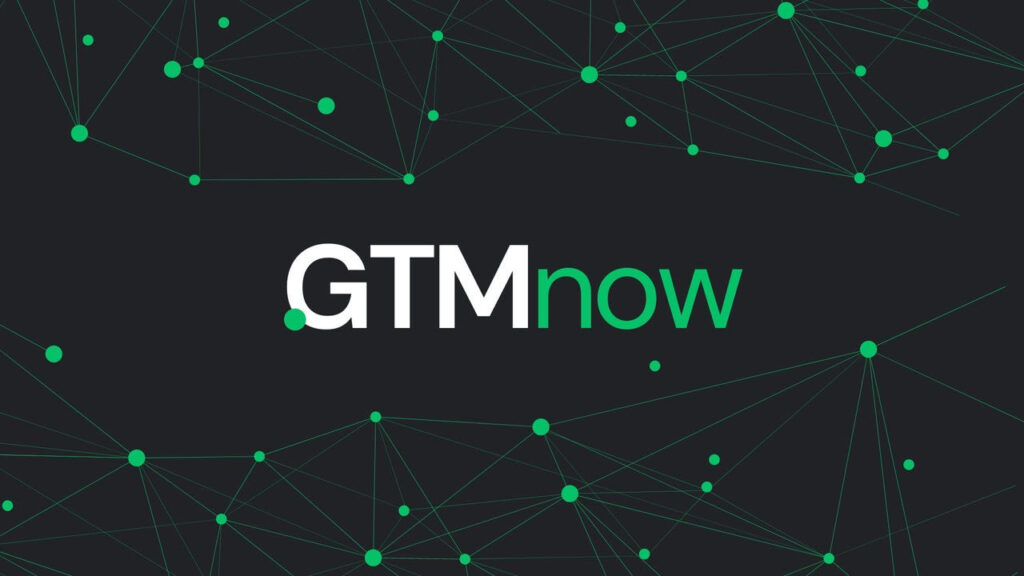Many of today’s fastest-growing software companies have something in common — their products can sell themselves.
Consider your experience with Zoom, Slack, Dropbox, or others like them. You don’t need to jump through any hoops to get into the product. There’s no need to fill out a detailed form, set up a qualification call, sit through a product demo, or navigate a custom implementation.
You just get started. No hassle and no credit card required.
This is part of a phenomenon called Product Led Growth (PLG), an end-user growth model that relies on the product itself to be the primary driver of customer acquisition, conversion, and expansion.
According to OpenView — the expansion stage software VC — there are more than 300 mature software companies that have embraced PLG. That includes nearly 20 publicly traded companies.
Publicly-traded, PLG businesses grow faster than their peers and are less reliant on expensive sales and marketing investments to fuel their growth.
Just look at Zoom’s S-1 filing. The video-conferencing software company grew by a whopping 118% year-over-year in advance of their IPO. All while remaining profitable.
Zoom grows through a product-centric flywheel. Users invite others to meetings. This gives them a chance to discover (and fall in love with) the product. Those new users create their own Zoom accounts, and many eventually decide to start paying for the product.
The company revealed that 55% of their $100k+ accounts started with a single user of their free plan.
With PLGs massive growth, many wonder if PLG and self-service solutions will replace Sales.
Here’s the thing.
Sales Isn’t Going Anywhere
Even if a product sells itself, it’s not going away any time soon, and now there’s original data to prove it.
OpenView recently analyzed the publicly traded SaaS companies with a self-service, go-to-market strategy (including Zoom). It turns out these companies don’t just hire product managers. Sales still makes up 25% of their headcount on average.
These businesses are actually hiring for Sales faster than they’re hiring for other functions. Sales and business development headcount increased by 45% year-on-year versus just 33% in non-sales roles (the full data is available here).
Messaging software company, Slack, is particularly aggressive in its courting of sales reps.
This marks a major reversal for the company. Back in 2016, Slack’s CEO, Stewart Butterfield, told Business Insider, “I think we can get away without having a sales team in any kind of traditional way probably forever.” Flash forward to 2019, and the company grew sales headcount by 66% year-on-year, which is twice the rate of other roles (31%).
It seems to be paying off, too. Slack recently beat out Microsoft to win a company-wide deal with IBM’s 350,000 employees. End-users at IBM have been using Slack since 2014 (presumably without a sales rep), but I bet Sales played an important role in making the case for enterprise adoption.
Atlassian, the self-service pioneer, famously had no salespeople, even as they scaled to a $5 billion valuation in 2016. No Sales was to Atlassian the way no software was to Salesforce. However, today, Atlassian employs more than 150 people in sales, according to data from LinkedIn.
Atlassian may shy away from traditional titles, preferring to call their reps Enterprise Advocates rather than account executives. However, in a recent job posting, Atlassian explained that Enterprise Advocates are expected to “build and implement an effective sales strategy to drive adoption of select products and services to our Enterprise customer base.”
Sounds an awful lot like Sales. doesn’t it?
Self-Service and Sales: Allies Rather than Enemies
The reality is that self-service and Sales make an extremely powerful pairing. Sales helps accelerate a businesses’ natural rate of growth by driving higher conversion rates and deal sizes.
Sales also improves customer experience, particularly for those with more complex requirements or who need more assistance.
When we’re done fighting between product and Sales, we might begin to recognize the unique advantages that a sales team can bring to a self-service business.







